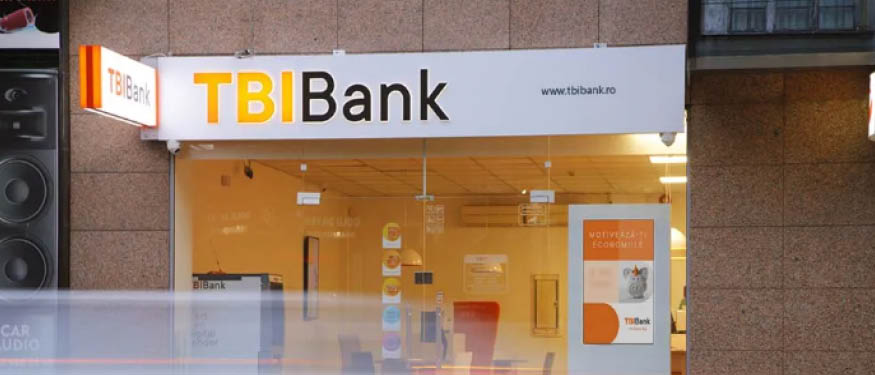In line with relevant European legislation, from 28 June 2025, new accessibility provisions will apply in Hungary to certain products and services, affecting a wide range of companies.
The new regulation will impact, among others, the manufacture and distribution of consumer terminal equipment used for electronic communications services (such as smartphones), the provision of consumer banking services (such as payment services) and the provision of e-commerce services (such as webshops accessible via websites). Non-compliance with the new rules could lead to the withdrawal of the relevant products from the market or the imposition of administrative fines of up to 5%.
New requirements
From this summer, companies will have to comply with a number of new accessibility requirements affecting their manufacturing, distribution and service provision processes, as well introducing numerous documentation requirements.
The aim of the accessibility requirements is to make products and services as accessible as possible to persons with disabilities. In this context, accessibility must also be ensured in relation to the provision of support services, such as customer services connecting to the relevant products.
The accessibility requirements are based on Directive (EU) 2019/882 (the "Accessibility Directive"), which aims to approximate the different national provisions on accessibility requirements for the products and services it covers, thereby increasing the availability of accessible products and services in the EU.
In Hungary, the Accessibility Directive was generally implemented by Act XVII of 2022 on the Rules of Compliance with Accessibility Requirements for Products and Services ("Hungarian Accessibility Act"). Meanwhile, the companies' obligations to comply with the accessibility requirements specifically regarding products, is covered by Act LXXXVIII of 2012 on the Market Surveillance of Products ("Market Surveillance Act").
With regard to products and services covered by the Hungarian Accessibility Act, the law imposes substantial new obligations not only on manufacturers, but also on authorised representatives, importers, distributors and service providers. Moreover, service providers must ensure compliance even if the relevant service or part of it is provided by a third-party subcontractor.
The accessibility requirements in the Hungarian Accessibility Act apply to specific products and services, including self-service terminals, e-book readers, and the manufacture and distribution of consumer general purpose computer hardware systems, as well as to the provision of electronic communications services and e-commerce services. Accordingly, companies offering the possibility to conclude a consumer contract through a website or an application (e.g., a sales contract in a webshop) will also have to comply with several new requirements.
The Hungarian Accessibility Act also lays down certain requirements for the labelling, instructions for use and warnings provided in relation to the products, such as the need for them to be presented in a way that is perceptible to more than one sensory channel. Furthermore, it also imposes requirements for functional performance, meaning that if a product or service has visual modes, at least one mode that does not require vision must be ensured.
In accordance with this newly applicable law, companies must ensure the continuous training of employees in information provision, counselling and advertising activities to ensure the proper provision of accessible products and services.
The Market Surveillance Act contains further detailed rules regarding products, according to which manufacturers must prepare technical documentation and carry out conformity assessment procedures for products covered by the Hungarian Accessibility Act. The manufacturer must then take responsibility for the conformity of the product with the accessibility requirements by issuing an EU declaration of conformity and affixing the CE marking to the products. Before placing the product on the market, importers must also make sure that the manufacturer has carried out these tasks and has provided the required documentation in the appropriate manner. Distributors must also check the same before distributing the product. It is important to note that if an importer or distributor places a product on the market under its own name or trademark or modifies a product placed on the market in such a way that compliance with the requirements of the Accessibility Directive may be affected, it will be considered to be a manufacturer under the application of the Hungarian Accessibility Act.
Exemption
In certain cases, companies may be partially exempted from the new requirements, for example
- micro-enterprises providing services do not have to meet certain accessibility requirements; and
- the accessibility requirements apply only to the extent that compliance does not require a significant modification to the product or service that would result in a substantial modification of the essential characteristics of the product or service, and does not impose a disproportionate burden on the company.
If acompany wishes to claim that complying with accessibility requirements would result in a significant modification to the product or service and a disproportionate burden, it must inform the supervisory authority in Hungary and in any other Member State where it provides services. In order to claim this, an assessment must be carried out and documented in accordance with Annex 2 of the Hungarian Accessibility Act.
The competent authority also depends on the type of product or service, for example, the National Media and Infocommunications Authority acts as the supervisory authority in relation to hardware systems.
Applicability
The provisions of the Hungarian Accessibility Act apply to products and services placed on the market after 28 June 2025. With regard to applicability, the Hungarian Accessibility Act sets out certain exceptions. For example, service contracts concluded before its entry into force are not subject to the requirements of the Hungarian Accessibility Act until the expiry of the contracts, but no later than 28 June 2030.
Legal consequences
The authority verifying compliance with accessibility requirements may, as a result of an inspection, require the company providing services to comply with the legislation and initiate a consultation regarding the deadline within which the company must remedy the deficiencies. If the company does not cooperate or does not comply with the set deadline, an administrative fine of up to 5% of annual net turnover may be imposed by the authority.
In the case of products, if the relevant company fails to take corrective action despite a warning, the authority will require the company to withdraw the product from the market. In such cases, a fine may also be imposed, of up to 5% of the company's annual net turnover.
By Anna Howe, Associate, Baker McKenzie
















